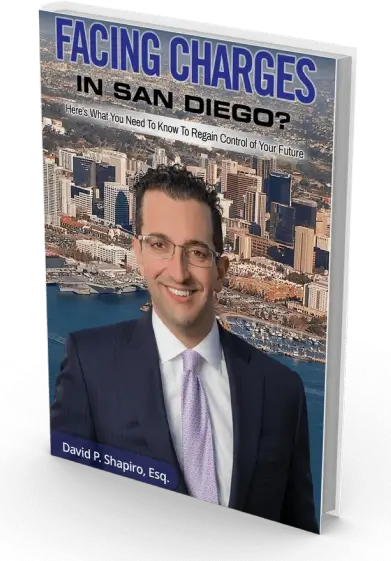AB 3234 (Penal Code section 1001) Offers New Options for Individuals Facing Misdemeanors
2021 has brought some slow—albeit steady—progress toward true criminal justice reform. Among the new laws that took effect in January were California’s Assembly Bill 3234, which offers good news for some individuals facing misdemeanor cases: it gives courts the option to give misdemeanor defendants diversion for a period of up to two years.
Diversion is an agreement where you do not have to plead guilty to anything right away, and instead agree to complete certain conditions—like drug or alcohol classes, individual counseling, community service, etc.—for a set amount of time. Under AB 3234 you will also have to pay full restitution and abide by any protective or stay-away orders throughout the case. Then, after you have completed those conditions, the case will be dismissed at the end of the agreed-upon period.
Of course, there are always exceptions. Some categories of misdemeanors like sex offenses, domestic violence cases, and stalking charges do not qualify for this type of court diversion. Most other misdemeanor charges do qualify, though, even potentially including DUIs, child or elder abuse, and low-level drug or firearm offenses.
One particular benefit of AB 3234 is that a judge can grant the misdemeanor diversion even over the prosecution’s objection. This means that a qualified, locally experienced defense attorney can (and will) consider making a request for this type of relief whether the prosecutor agrees with them or not. The biggest perk of this diversion, however, is that once successfully completed, your arrest is deemed to have never occurred. Click on this video by our Managing Partner, David P. Shapiro, to learn more about Penal Code section 1001.
If you are currently facing criminal charges in San Diego and would like to learn more about your eligibility under AB 3234 and your options moving forward, give us a call at (619) 295-3555 to set up a consultation today.
The contents of this article and blog are for meant for informational and marketing purposes only and do not constitute legal advice. Viewing and/or use of the blog does not form an attorney-client relationship. No statements in this post are a guarantee, warranty, or prediction of a particular result in your case.
Related posts:
Author Bio

David P. Shapiro, the managing partner and founder of a leading San Diego criminal defense firm, is driven by an unwavering commitment to providing the best possible representation to his clients facing criminal charges. With a deep understanding of the fear, uncertainty, and concern for one’s future that his clients experience, David approaches each case with empathy and dedication, advocating tirelessly for their rights and freedoms.
Focused on complex and high-stakes cases, David handles a wide range of serious charges, including felonies, violent crimes, sex crimes, drug offenses, and white-collar crimes. Since establishing his practice in 2010, David has earned a reputation as one of San Diego’s most respected criminal defense attorneys.
His firm has been recognized by LawFirm500 as one of the nation’s fastest-growing law firms and was a 2022 Better Business Bureau Torch Award for Ethics Winner. The San Diego Business Journal named David’s firm the 17th Fastest Growing Private Company in San Diego from 2019-2021 and recognized David as one of San Diego’s 500 Most Influential People in 2022. With a strong dedication to his clients and community, David continues to be a driving force in the San Diego legal landscape.
Recent Posts
Where others treat you like a number, we treat you like a human.
PRACTICE AREAS

Facing Criminal Charges in San Diego?
Here’s what you need to know to regain control of your future







